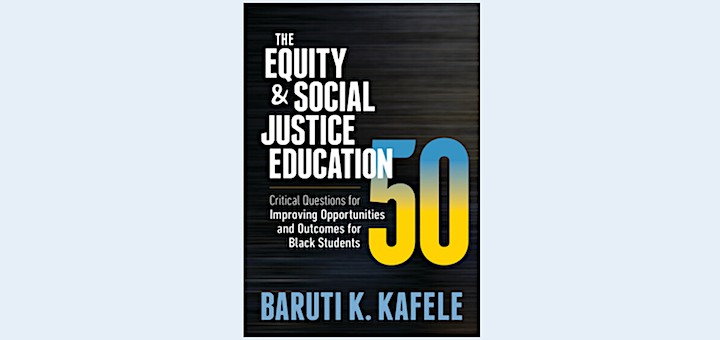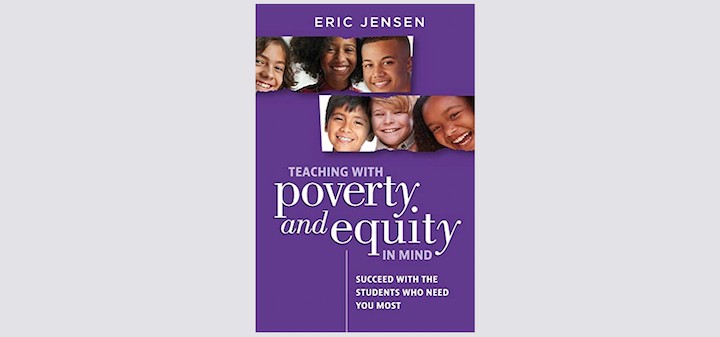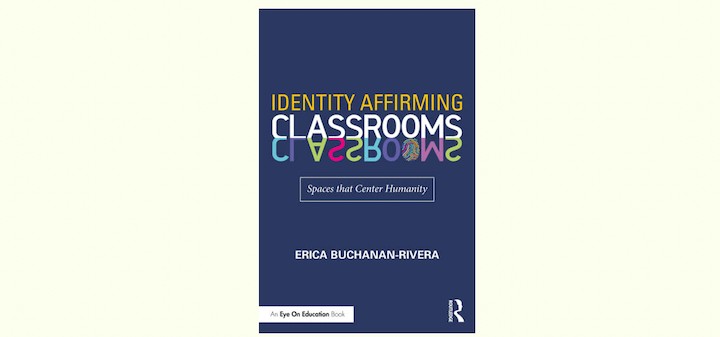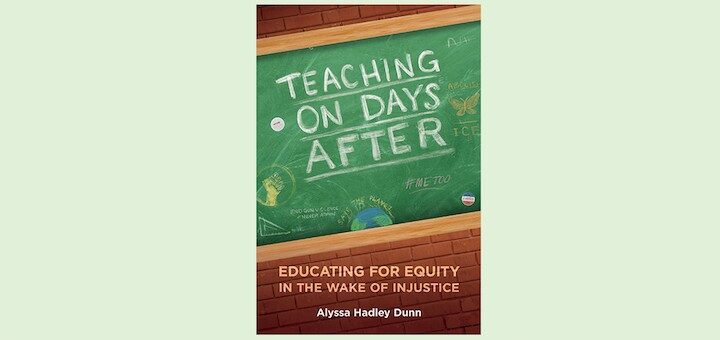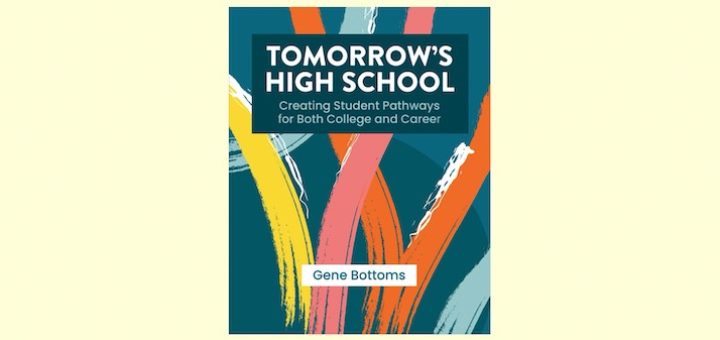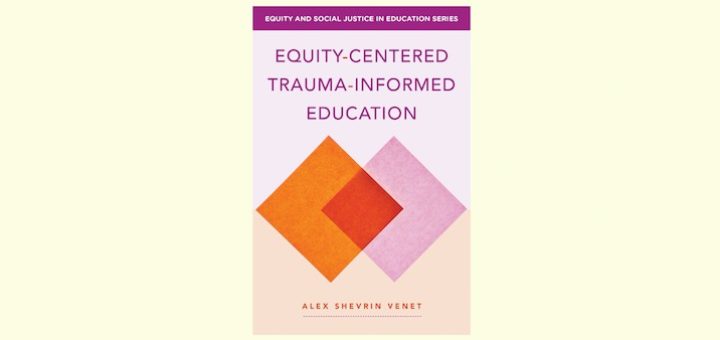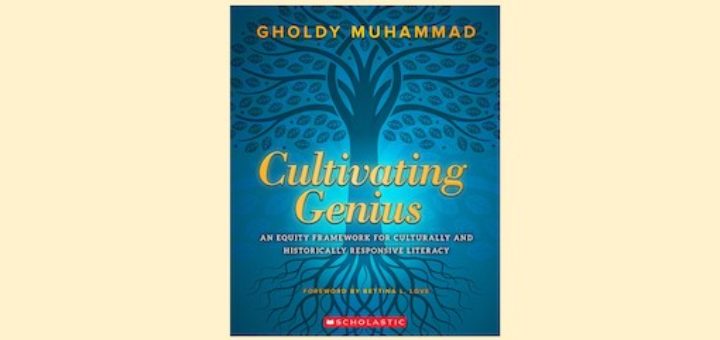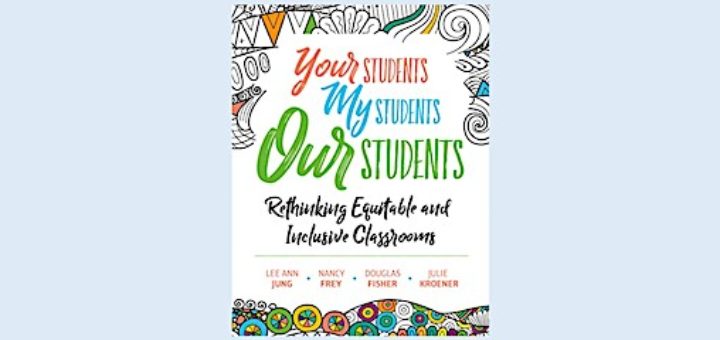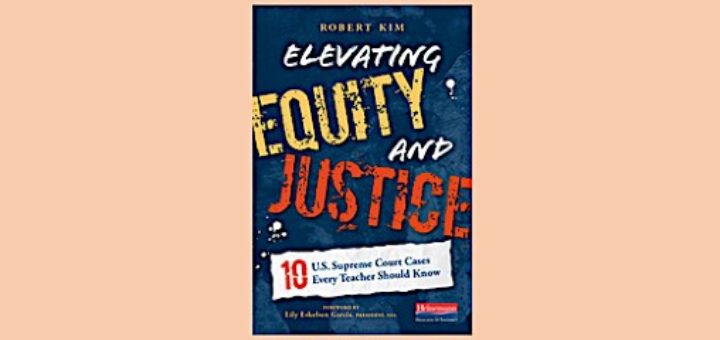Improving Opportunities & Outcomes for Black Kids
Baruti Kafele’s motto,”If it impacts the students, we must be willing to discuss it,” really sums up what this book covers and what equity and social justice work is all about. We cannot continue with business as usual and think we will have better outcomes, writes Claire Stein.

